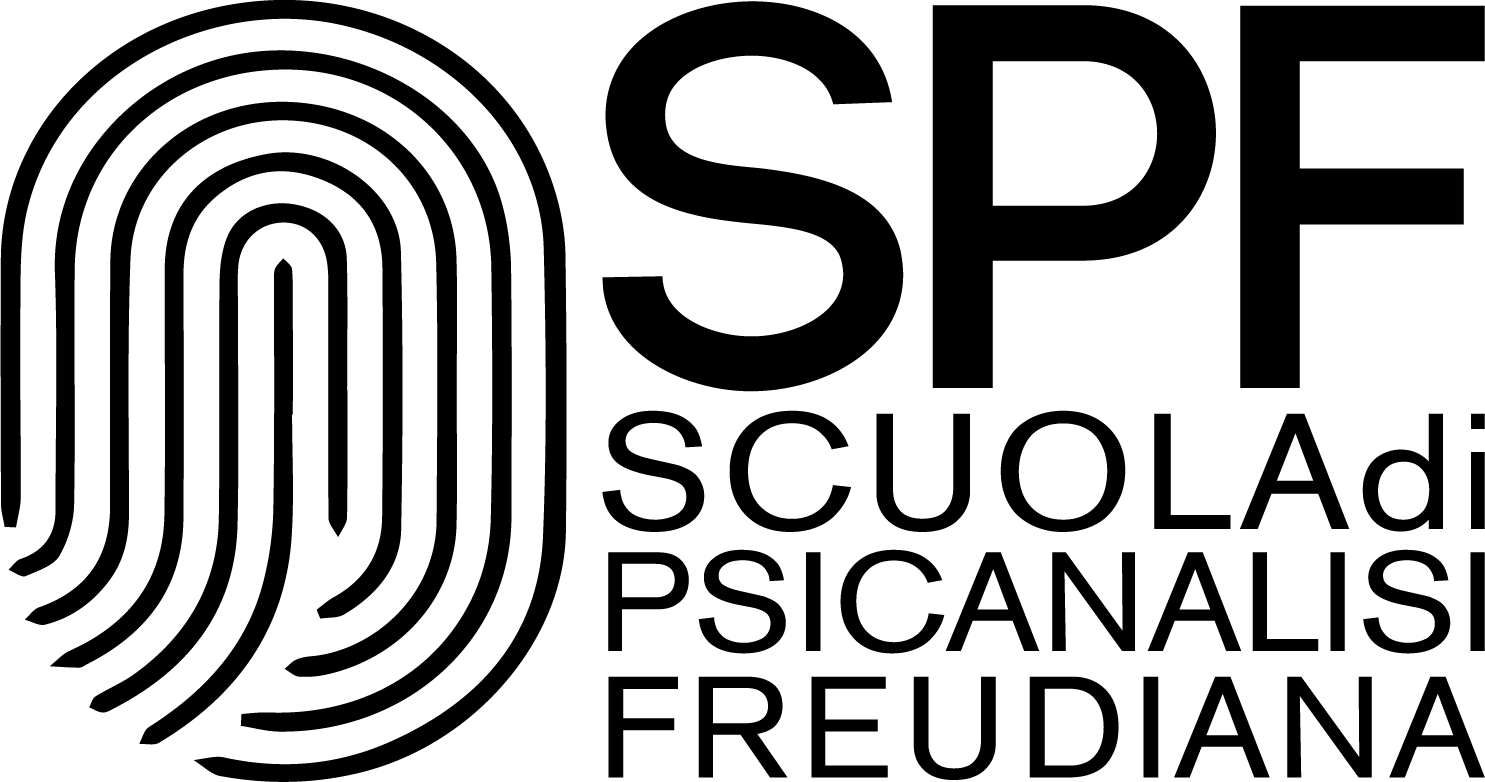Teaching
Prerequisites
None.
Module outcomes
The contemporary debate on the scientific method has roots that go back at least to Aristotle. How can science arrive at rational, objective and grounded knowledge? How is it possible to tap into the truth of the outside world? And, especially in the particular case of psychoanalysis, how to check the validity of theoretical and clinical hypotheses?
Every science collides with deep epistemological problems and, in the particular case of psychology, the question seems to get complicated because of the particular object of this discipline.
It is at least starting from Kant that the epistemic problem of the phenomenon was posed. This question appears in all its necessity and relevance also in Freudian writings. To date, there continue to be epistemologists who defend descriptive positions of positivistic ancestry, however such conceptions may prove poor when they are confronted with the need to understand the nature of the object they wish to know. The transcendental perspective appears to be the best epistemological framework for arriving at scientific knowledge.
The course aims to provide the basis for orienting oneself in the contemporary epistemological debate and understanding the strength of the Freudian neo-transcendental choice.
Concise program
- Philosophical reflections on the method of science; speculative sciences and natural sciences (truth as correspondence, truth as coherence; propositions concerning ideas, propositions concerning facts)
- Deduction and induction; rationalism and empiricism; Hume’s critique of inductive inference, strategies to defend induction
- The abandonment of inductivism and falsificationism
- Observations on the implications of the assumption of the different gnoseological frames; critique of reductionism
- Abduction and transcendental perspective; the phenomenon of the phenomenon
- Freud’s neo-transcendentalism and falsificationism
Expected learning outcomes
At the end of the course the student will have the cognitive tools to orient in some of the main issues of the contemporary epistemological debate. The foundations will have been built to understand and criticize the main theoretical junctions that have been elaborated in the history of philosophy regarding the progress of science and will have understood the methodological framework of Freudian psychoanalysis. It will be also possible to understand why our perspective moves away from epistemologies of neo-positivistic ancestry and why to assume a transcendental approach.
Teaching method
The course will be divided into six lectures on a fortnightly basis.
Evaluation
The evaluation aims to ascertain the effective understanding of the topics covered during the course and will take into account the written paper prepared after attending the course.
Bibliography
Freud’s works:
- Freud S. (1914), Introduzione al narcisismo, in OSF vol. VII, Bollati Boringhieri, Torino.
- Freud S. (1915), Pulsioni e loro destini, in OSF vol. VIII, Bollati Boringhieri, Torino.
- Freud S. (1922), L’Io e l’Es, in OSF vol. IX, Bollati Boringhieri, Torino.
- Freud S. (1938), Compendio di psicoanalisi, in OSF vol. XI, Bollati Boringhieri, Torino.
Other works:
- Baldini F. (1998), “Freud’s line of reasoning. A note about epistemic and clinical inconsistency of Grünbaum’s argument pretending to confute Freud’s therapeutic approach, with reference to the thesis of Stengers on psychoanalysis”, in «Psychoanalytische perspektieven», Gertrudis Van de Vijver ed., n. 32-33, Universiteit Ghent, Ghent., pp. 9-36.
- Baldini F. (2009), L’architettura trascendentale della metapsicologia freudiana, opera inedita.
- Baldini F. (2020), “Nuove considerazioni sul metodo psicanalitico freudiano e in generale sull’architettura empirico-razionale della metapsicologia”, in Metapsychologica – Rivista di psicanalisi freudiana, vol. 2 2020
- Boniolo G. Vidali P. (1999), Filosofia della scienza, Bruno Mondadori, Milano.
- Guma F. (2019), “L’architettura trascendentale della metapsicologia freudiana (parte prima)”, Metapsychologica – Rivista di psicanalisi freudiana, vol. 1 2019, pp. 51-79.
- Guma F. (2020), “L’architettura trascendentale della metapsicologia freudiana (parte seconda)”, Metapsychologica – Rivista di psicanalisi freudiana, vol. 2 2020
- Minazzi F. (1995), Il flauto di Popper. Saggio critico sulla “New philosophy of science” e la sua interpretazione di Galileo, Franco Angeli, Milano.
- Petitot J., (2009), Per un nuovo illuminismo. La conoscenza scientifica come valore culturale e civile, Bompiani, Milano.
- Rose S. (1995), “The rise of neurogenetic determinism”, in «Nature», vol. 373, pp. 380-382.
